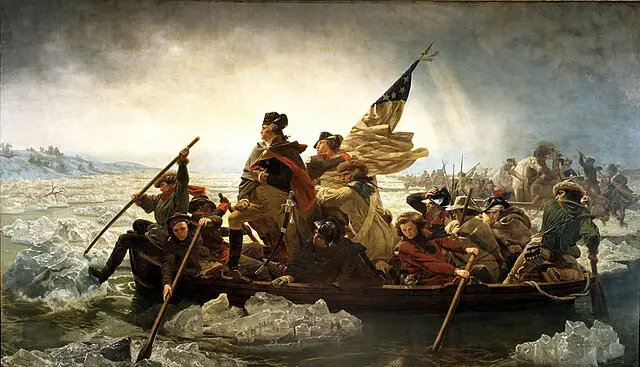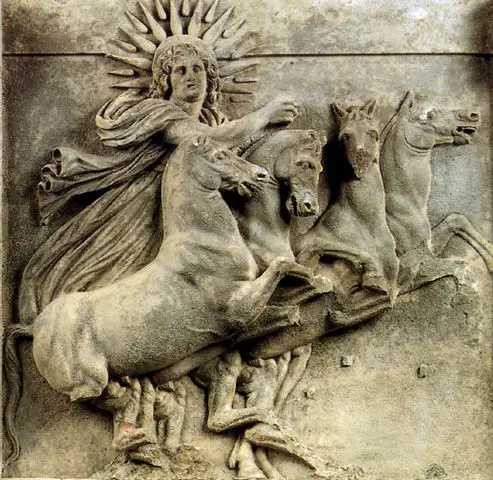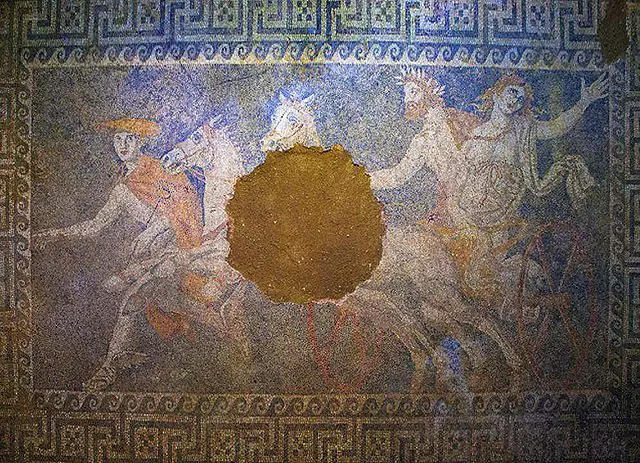| Born | 4th of January 1643 |
| Died | 31st of March 1727 |
| Famous Quote | “I can calculate the motion of the heavenly bodies but not the madness of people” |
| Known For | Creating modern calculus, advancing optics, creating a modern theory of gravity. |
| Region of World | England, 17th-18th century. |
| Further Reading | Albert Einstein: 3 Ways Relativity Changed The World Forever |
Some great men are great because of leadership qualities, others because of their minds. Issac Newton easily was one of the most curious and intriguing intellects in history. Of Newton’s hundreds of impacts, his top 3 are what changed society forever. To this day we can’t interact with modern technology without his presence.
Out of all of Newton’s accomplishments there are 3 impacts that he had upon society.
- Creation of modern calculus
- Created modern optical theory
- Father of modern gravity
Newton was a great thinker who dared to propose new theories for mathematics, optics, and gravity. When Newton was publishing his theories he was attacking academia at its core. Up until his time, 2,000-year-old theories such as Aristotle’s were still being taught as correct. Newton instead chose to write his own universal theories on several subjects. Out of this comes modern mathematics and physics.
Here at The History Ace I strive to publish the best history articles on the internet. If you find this content helpful or good consider subscribing to the newsletter.
Without further ado, here are Newton’s top 3 biggest impacts on society.
Impact 1.) Creation Of Modern Calculus
From a young age, Newton was an inquisitive child. Of all the things that Newton was fascinated with, none piqued his curiosity more than the sky.
While Newton was still studying at The Kings School in Grantham he would be taught the ancient Greek and Latin theories on mathematics. Newton was known for being extremely competitive. While in school he would compete to be the best student by building advanced theories and contraptions.
This competitive spirit would propel Newton his entire life. Reading about the great ancient philosophers of Greek-inspired Newton created his own theories on mathematics to explain the world around him.
What came out of this was Newton’s first paper On analysis by infinite series. Which, in typical Newtonian fashion, attacked the concept of an infinitely replicated logarithmic function. Simply put, Newton in one paper demonstrated how all the mathematicians of his time were wrong. Newton attacked the very core of his contemporary mathematics by demonstrating how one could easily find the root of any equation using simple mathematics.
At this point, Newton was a nobody. His paper was refused publication. However, it did catch the eye of Isaac Barrow, a famous mathematician who sent it to fellow mathematicians with a note that read that Newton was “of an extraordinary genius and proficiency in these things.”
Through this paper, Newton revolutionized math by creating the binomial theorem. Or the ability to easily expand and rationalize equations into geometric models; this caused math to easily scale and apply to the world.
And thus, modern calculus was born.
Planes, rockets, engines, computers, all of these we owe thanks to Newton for starting. Calculus allowed the world to experience a mathematical revolution which caused a technological revolution.
Impact 2.) Created Modern Optical Theory
In the year 1666 Newton would observe that a prism of glass could break up a beam of light into multiple different colors.
From this Newton correctly hypnotized that color was a property of light and not light itself. This was revolutionary for its time.
This discovery completely changed the way that we perceive light. Newton theorized that if we could separate light into observable colors we could then look at each color individually. From this came the world’s first refracting telescope. This telescope would focus light thus allowing people to look at far-away objects clearly.
With this telescope, Newton would be able to observe the heavens and start to formulate theories that sought to explain why the Planets moved and why they did not fall to earth.
Newton would use his telescope and mathematical ability to begin to calculate the paths of planets in the night sky. At this point in his life Newton as a recluse who lived far away from any form of human interaction. Armed with nothing but a telescope and a writing utensil Newton would begin to unlock the secrets of the universe.
The impact of Newton’s ideas on Optics changed the world forever. Out of this came the internet, switchboards, telescopes, and astronomy.
However, this discovery of optics would lead to his most important impact on society… his formulation of Gravity.
Impact 3.) Father Of Gravity
Before Newton the world knew only of Aristotle’s theories of gravity. That the arrow was propelled through the air by a mysterious force called aether. All things in the world were controlled by this ether. Today we could call this the butterfly effect with more steps.
However, Newton upon observing the heavens with his refracting telescope would begin to theorize what moved the planets.
Newton would read Kepler’s laws of planetary motion, written nearly 70 years before his time. While Kepler noticed that the planets moved through space he failed to identify why.
Newton would focus on this question. Walking through an apple orchard Newton would ask why the apple fell to the earth but the moon does not. Why is it that the moon stays up in the sky but the apple comes plummeting to earth? For Newton, Aristotle would state that the moon is held up by the aether.
Then it hit Newton. If he had a cannon and shot the apple towards the horizon with enough force it would circle around the earth before hitting the ground. This was because the earth was a sphere and if you shoot an object off it then the object would continue to move forwards forever before plummeting to the surface.
With enough force, the apple would circle the earth perpetually as it constantly fell over the horizon. The apple was always attracted or attached to the earth due to an imaginary force…gravity!
Thus Newton proposed the idea that celestial spheres had Gravitas (Latin for weight) associated with them. That this weight in turn attracted smaller items. These items would perpetually fall around the larger items, thus orbiting them.
Newton would publish this theory in his work Principia. In many ways, this is the foundational work of modern gravity and lays out Newton’s 3 laws of motion which stand today.
With one stroke of the pen, Aristotle was gone, and Newton had risen to prominence as the father of Gravity.
Conclusion
There you have it; Isaac Newton’s 3 biggest impacts upon society. Newton’s theory of gravity would stand for several hundred years until a German physicist by the name of Einstein would reinvent Newton’s approach in the early 20th century.
Newton however stands as one of the most influential people of all time because of his ability to logically create new laws to explain his world. Without Newton, the world would look completely different than what we are used to today.
Here at The History Ace I strive to write the best history articles possible. I’m always looking for new and exciting things about history. I hope you liked this article. If you did feel free to subscribe to the newsletter and share it around the internet.
You can check out some of the other articles below.
-
How The American Revolution Changed The World

Here is how the American Revolution changed the world. Many people are not aware of just how important this event actually was.
-
Why The Roman People Loved Chariot Racing

Why did the Roman people love chariot racing? Well it all comes down to these 3 reasons.
-
The Design and Color of Roman Chariots

What was the design and color of Roman Chariots? Were they faster or slower then normal chariots? Well here is everything!
Until next time, I wish you the best of luck in your history journey.
Sincerely,
Nick